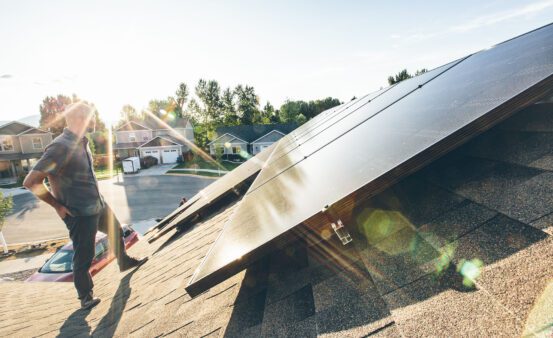-
-
Accounts
-
Loans & Credit Cards
-
Payments
-
Services
-
-
-
Accounts
-
Loans & Credit Cards
-
Payments
-
Services
-
-
-
Home Buying Center
-
Loans
-
Homeowner Resources
-
Meet the Team
-
-
-

-
Community Programs
-
Banking Programs
-
-
-

-
Financial Insights
-
Safety & Security
-
-
-
Who We Are
-
What We Believe
-
What We Do
-
Resources
-




